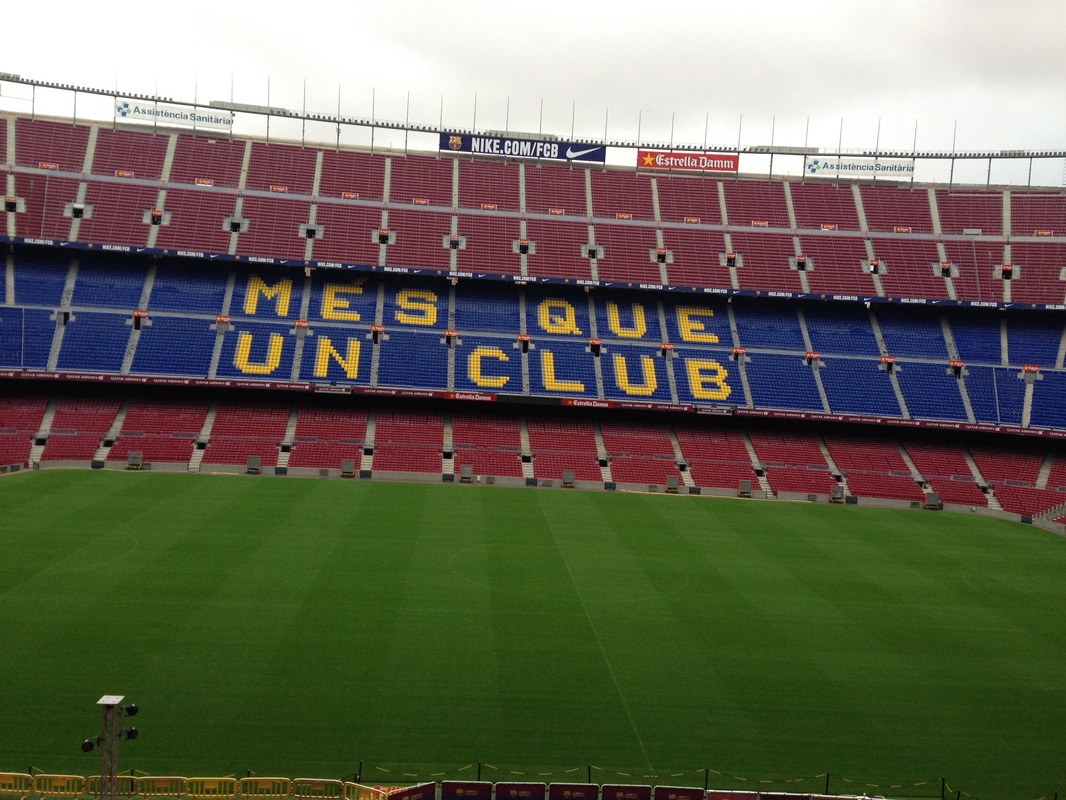
It is a joke, right? Tomorrow we'll wake up to find that it was all just a publicity stunt - won't we?
I'm talking, of course, about the decision by Barcelona Football Club to allow their historic scarlet and blue shirt to be tarnished with hoops, rather than vertical stripes.
Sportswear manufacturer Nike is apparently concerned that churning out yet another version of the traditional top with just a minor tweak here or there won't be a merch magnet - so they want a mould-breaking design to entice the punters.
It's caused a huge kerfuffle in Spain, with one survey showing that 78% oppose the move - which would break more than 115 years of history. And for what? A few thousand more on Barca's bottom line? But at what cost to their reputation and brand.
Now I can already hear the non-football fans wondering what all the fuss is about. It's only a piece of cloth right? Barcelona will still have 11 quality players representing them on the field and if you don't like the clobber they're wearing, well you don't have to buy it.
And normally you'd have a point. The difference here is that Barca's shirt has come to symbolise a collective history that has meaning way beyond the confines of the Camp Nou.
Their official slogan "mes que un club" - or "more than a club" - wasn't dreamt up in some pompous adman's imagination. It's a reflection of the bitter struggle faced by the Catalan people to affirm their identity during the years of repression following the Spanish Civil War.
As the club's own website explains General Franco banned both the Catalan spelling of the club's name and, yes, the four Catalan stripes on the Barca crest. And those stripes, reflected in the design of the shirt, were vertical.
Despite Franco's two-footed tackle, football stadia became the one place where overt displays of Catalan identity were tolerated - and so grew the idea of political resistance through football. This explains why even now, almost four decades after Franco's death, games between Barcelona and the General's favourites Real Madrid remain so highly charged.
There aren't many clubs in world football who can truly claim to be "more than a club" - in that they embody values or ideals that go beyond traditional sportsmanship and fair play. Being a winner a la Manchester United or Real Madrid might win you a global fanbase, but the support these clubs attracts is based on the (thoroughly human) desire to bask in the reflected glory of a successful team - not on any greater notion or ideal.
In the UK, Celtic and Rangers are perhaps the only examples of clubs who stand for an idea beyond their immediate local identity - for better of worse, both are "more than a club." So too are Germany's St Pauli - who've become a magnet for left-wingers on the terraces, standing for anti-racism and the idea of community. Continued struggles on the pitch do nothing to dent their appeal.
There are other examples - Real Sociedad, for example, traditionally performed the same role for the Basque community as Barca did for the Catalans.
Of course, when it comes to building up your international profile, it doesn't harm to have a few great players in the ranks - and from Cruyff to Messi, from Laudrup to Iniesta, Camp Nou has long played host to some of the world's finest talents.
But it's not that which makes it "more than a club". As a trip to their fantastic museum (pictures below) reminds you, the sense of what Barcelona is - it's heart and soul - is derived from many years of bitter struggle.
And that shirt - those stripes - are central to its identity.
Barca are more than a club - but for how much longer?
I'm talking, of course, about the decision by Barcelona Football Club to allow their historic scarlet and blue shirt to be tarnished with hoops, rather than vertical stripes.
Sportswear manufacturer Nike is apparently concerned that churning out yet another version of the traditional top with just a minor tweak here or there won't be a merch magnet - so they want a mould-breaking design to entice the punters.
It's caused a huge kerfuffle in Spain, with one survey showing that 78% oppose the move - which would break more than 115 years of history. And for what? A few thousand more on Barca's bottom line? But at what cost to their reputation and brand.
Now I can already hear the non-football fans wondering what all the fuss is about. It's only a piece of cloth right? Barcelona will still have 11 quality players representing them on the field and if you don't like the clobber they're wearing, well you don't have to buy it.
And normally you'd have a point. The difference here is that Barca's shirt has come to symbolise a collective history that has meaning way beyond the confines of the Camp Nou.
Their official slogan "mes que un club" - or "more than a club" - wasn't dreamt up in some pompous adman's imagination. It's a reflection of the bitter struggle faced by the Catalan people to affirm their identity during the years of repression following the Spanish Civil War.
As the club's own website explains General Franco banned both the Catalan spelling of the club's name and, yes, the four Catalan stripes on the Barca crest. And those stripes, reflected in the design of the shirt, were vertical.
Despite Franco's two-footed tackle, football stadia became the one place where overt displays of Catalan identity were tolerated - and so grew the idea of political resistance through football. This explains why even now, almost four decades after Franco's death, games between Barcelona and the General's favourites Real Madrid remain so highly charged.
There aren't many clubs in world football who can truly claim to be "more than a club" - in that they embody values or ideals that go beyond traditional sportsmanship and fair play. Being a winner a la Manchester United or Real Madrid might win you a global fanbase, but the support these clubs attracts is based on the (thoroughly human) desire to bask in the reflected glory of a successful team - not on any greater notion or ideal.
In the UK, Celtic and Rangers are perhaps the only examples of clubs who stand for an idea beyond their immediate local identity - for better of worse, both are "more than a club." So too are Germany's St Pauli - who've become a magnet for left-wingers on the terraces, standing for anti-racism and the idea of community. Continued struggles on the pitch do nothing to dent their appeal.
There are other examples - Real Sociedad, for example, traditionally performed the same role for the Basque community as Barca did for the Catalans.
Of course, when it comes to building up your international profile, it doesn't harm to have a few great players in the ranks - and from Cruyff to Messi, from Laudrup to Iniesta, Camp Nou has long played host to some of the world's finest talents.
But it's not that which makes it "more than a club". As a trip to their fantastic museum (pictures below) reminds you, the sense of what Barcelona is - it's heart and soul - is derived from many years of bitter struggle.
And that shirt - those stripes - are central to its identity.
Barca are more than a club - but for how much longer?
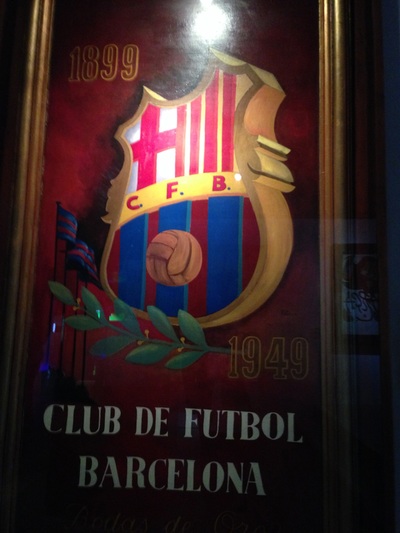
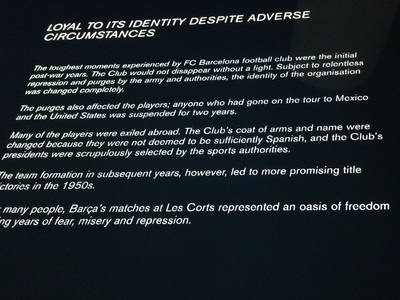
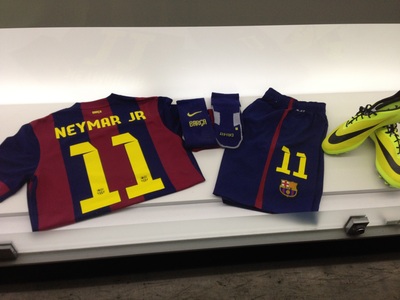
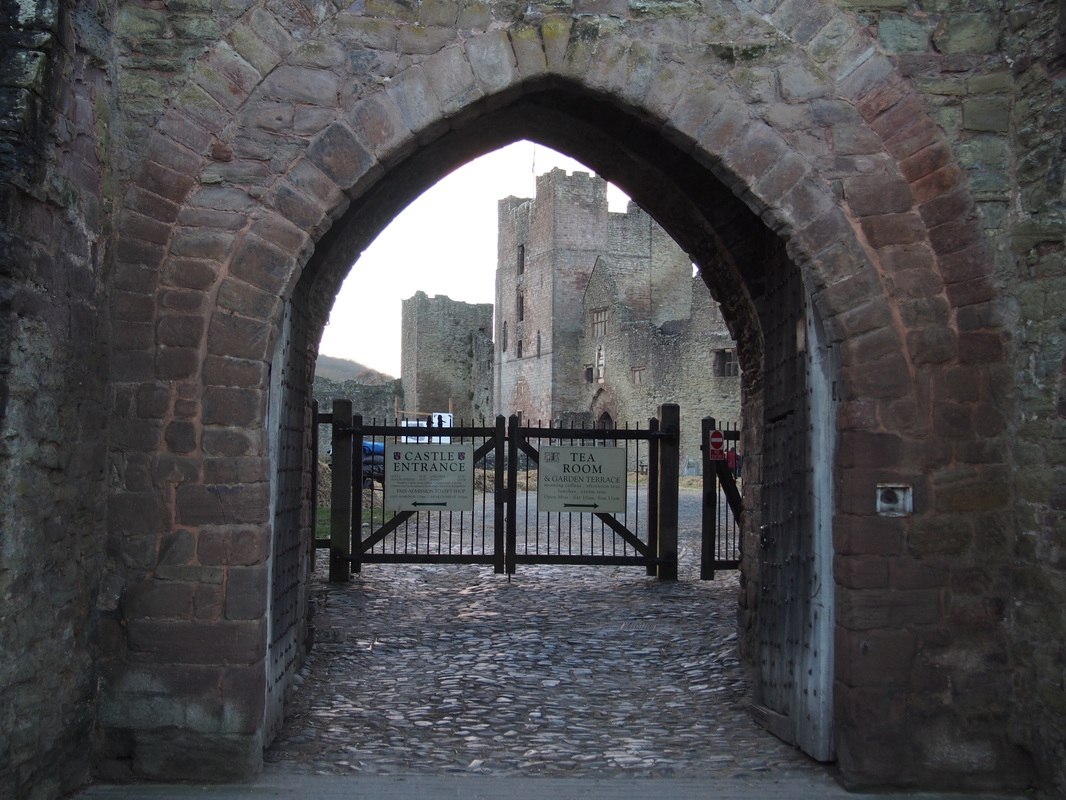

 RSS Feed
RSS Feed
